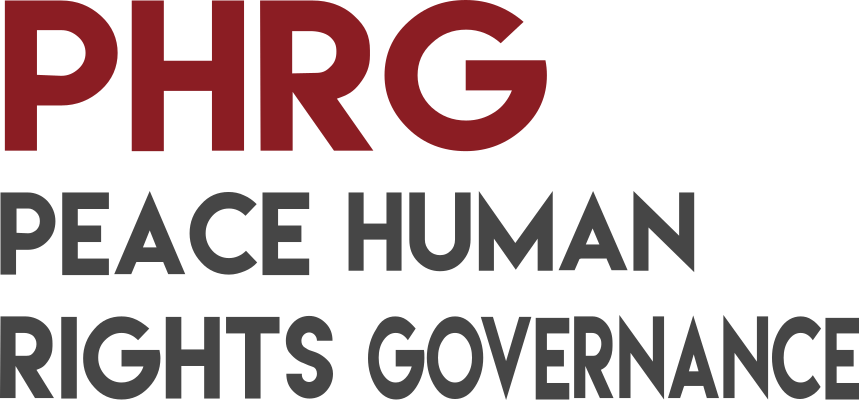A multi-level governance of resilience is fundamental in creating supportive spaces for the defense of human rights. Starting from the concepts of inclusive city and the right to education, this article will explore the support for refugee students in academia, with examples of best practices from Italian universities. Universities, as places of culture, knowledge dissemination, and cultural defense, on one hand, and as public institutions rooted in the community, on the other, have a duty to strive to improve the very societies they inhabit. Creating supporting activities for the integration of refugees into the university system falls not only within the so-called Third Mission of universities: it also responds to one of the goals set by UNHCR for 2030, which is to achieve 15% of refugees enrolled in university. This article will highlight how universities as public institutions have a moral duty to defend human rights, and promoting the access of refugees to the higher education system definitely works in this direction. However, universities alone cannot succeed in ensuring a truly successful path for such fragile users: it is essential to create a multi-level supporting network with other entities at both local and national levels.

 © 2026 Padova University Press - Università degli Studi di Padova
© 2026 Padova University Press - Università degli Studi di Padova